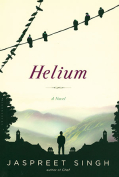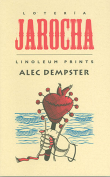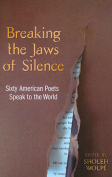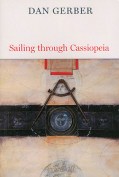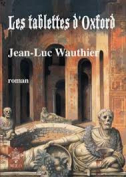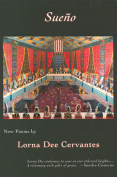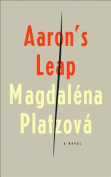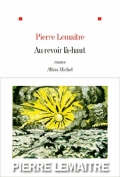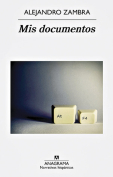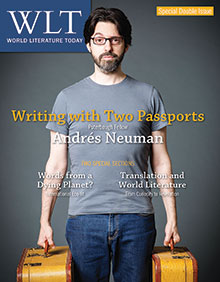Un asunto sentimental by Jorge Eduardo Benavides
Lima / Madrid. Alfaguara. 2013 (©2012). ISBN 9786123090739 / 9788420414140
 Jorge Eduardo Benavides is a Peruvian writer who, like Santiago Roncagliolo and Fernando Iwasaki, left his homeland in the early 1990s during a time of political unrest, hyperinflation, and violence. Once settled in Spain, he began producing significant works of fiction, such as a trilogy of novels—Los años inútiles (2002), El año que rompí contigo (2003), and Un millón de soles (2007)—that are based on Peru’s recent political history. A shorter work, La paz de los vencidos (2009), evokes his life in Tenerife. By then, it became clear that Benavides’s writing draws upon not only contemporary Peruvian history but also his own self-imposed European exile. The result? Lengthy and complex narratives that often bring to mind the concept of the novela total in Latin American literature.
Jorge Eduardo Benavides is a Peruvian writer who, like Santiago Roncagliolo and Fernando Iwasaki, left his homeland in the early 1990s during a time of political unrest, hyperinflation, and violence. Once settled in Spain, he began producing significant works of fiction, such as a trilogy of novels—Los años inútiles (2002), El año que rompí contigo (2003), and Un millón de soles (2007)—that are based on Peru’s recent political history. A shorter work, La paz de los vencidos (2009), evokes his life in Tenerife. By then, it became clear that Benavides’s writing draws upon not only contemporary Peruvian history but also his own self-imposed European exile. The result? Lengthy and complex narratives that often bring to mind the concept of the novela total in Latin American literature.
Once again, exile is at the center of his latest book, Un asunto sentimental (A sentimental affair). A splendid tour de force, the novel is at first glance a lengthy and complex love story. On one level, it is the story of Albert Cremades, a Catalan writer whose troubled love life is as intense as his passion for writing; but even as he suddenly hits it big and is well on his way to becoming an international best-seller, the novel also tells the story of an aspiring Peruvian novelist by the name of Jorge Benavides, who meets and falls in love with the enigmatic Dinorah Manssur during a visit to Damascus. A Syrian exile who grew up in Peru, Dinorah (or maybe Dina or Tina) may have been involved with the “Shining Path” guerrilla movement while a student at a Peruvian university and could now be linked to an Islamic fundamentalist group. Troubled and obsessed by such an enigma, the character Benavides abandons his novel and embarks on an extended trip, which spans over a dozen cities, from Venice to Istanbul and New York to Lima, as he tries to discover the beautiful Dinorah’s whereabouts.
Meanwhile, thanks to his best-selling book, Cremades’s fame as an author continues to accelerate. The competing narratives by Cremades and Benavides quickly begin to show coincidences and differing versions of the novel’s assorted events and characters (Albert, Belén, Tina, Jorge, Dinorah); so much so that despite the numerous references to specific places, such as city streets, bars, and hotels, and characters with the works of Latin American and Spanish writers, the distinction between fiction and reality, and even between author and character, is the only surety the reader has. It is no coincidence, however, that the city where the story begins is also where it ends—Venice. This is the city where Dinorah allegedly lives and where Cremades and Benavides compare notes one last time and bring to an end this vast montage of possible events and likely identities, “para que la realidad no siguiera contaminándose de ficción” (so that fiction might stop contaminating reality).
Un asunto sentimental is not only a compelling love story that demonstrates storytelling at its best but also a well-crafted commentary on the nature of fiction. Moreover, this novel clearly demonstrates why Jorge Eduardo Benavides is one of the most important writers in contemporary Peruvian literature.
César Ferreira
University of Wisconsin–Milwaukee







